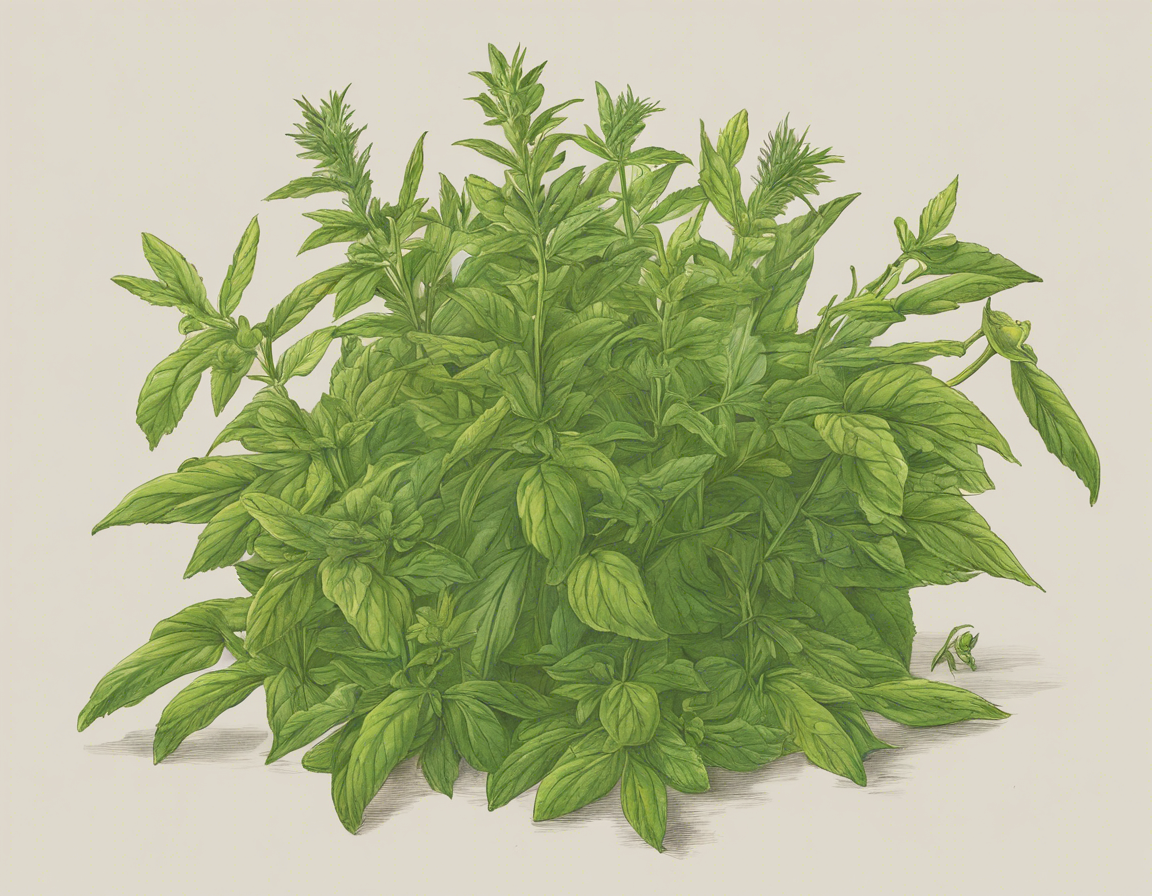Introduction
Growing herbs at home can be a rewarding and enjoyable experience. Not only do fresh herbs add flavor to your dishes, but they also provide various health benefits and can be a beautiful addition to your home décor. To help you get started on your own herb garden, this comprehensive guide will walk you through everything you need to know about growing herbs at home, focusing on the popular brand “Papa’s Herb,” known for its high-quality seeds and products.
Choosing the Right Herbs
Before starting your herb garden, it’s essential to choose the right herbs that suit your taste preferences and growing conditions. Papa’s Herb offers a wide selection of herb seeds, including basil, cilantro, mint, oregano, and thyme. Consider the following factors when selecting herbs:
- Culinary Use: Choose herbs that you frequently use in your cooking to ensure they are put to good use.
- Growing Conditions: Some herbs prefer full sun, while others thrive in partial shade. Make sure to select herbs that are suitable for your growing environment.
- Space: If you have limited space, consider growing herbs that are compact or that can be grown together in the same container.
Planting Herbs
Once you have chosen your herbs, it’s time to plant them. Follow these steps for a successful herb garden:
- Choose the Right Containers: Ensure your containers have drainage holes to prevent waterlogging.
- Use Quality Soil: Opt for a well-draining potting mix rich in organic matter.
- Planting Seeds: Follow the instructions on the seed packet for the correct planting depth and spacing.
- Watering: Herbs prefer slightly moist soil, so water them when the top inch of soil feels dry.
- Light: Most herbs require at least 6-8 hours of sunlight per day, so place your containers in a sunny location.
Caring for Your Herb Garden
To ensure your herbs thrive, it’s essential to provide them with proper care and maintenance. Here are some tips for caring for your herb garden:
- Watering: Overwatering can be just as harmful as underwatering, so make sure to water your herbs judiciously.
- Pruning: Regularly prune your herbs to promote growth and prevent them from becoming leggy.
- Fertilizing: Herbs don’t typically require a lot of fertilization, but you can use a balanced liquid fertilizer occasionally.
- Pest Control: Keep an eye out for common pests like aphids or spider mites and treat them promptly.
Harvesting and Storage
One of the joys of growing your herbs is being able to harvest and use them fresh in your cooking. Here are some guidelines for harvesting and storing herbs:
- Harvesting: Pick herbs in the morning when their essential oils are most concentrated for the best flavor.
- Storage: Herbs like basil and cilantro can be stored in a glass of water on the counter, while hardier herbs like rosemary and thyme can be refrigerated in a plastic bag.
Frequently Asked Questions (FAQs)
- How often should I water my herb garden?
-
Water your herb garden when the top inch of soil feels dry, typically every 1-2 days.
-
Can I grow different herbs together in the same container?
-
Yes, you can grow compatible herbs together in the same container, keeping in mind their space and sunlight requirements.
-
Do herbs need fertilizer?
-
While herbs don’t require frequent fertilization, you can use a balanced liquid fertilizer occasionally to promote growth.
-
What are the best herbs for beginners to grow?
-
Easy-to-grow herbs like basil, mint, and chives are great choices for beginners.
-
How do I prevent pests in my herb garden?
-
Regularly inspect your herbs for pests, use natural remedies like neem oil, or introduce beneficial insects like ladybugs to control pest populations.
-
Can I grow herbs indoors?
-
Yes, many herbs can be grown indoors as long as they receive adequate sunlight and proper care.
-
How do I know when to harvest my herbs?
-
Herbs are best harvested in the morning when their flavor is most potent. Harvest when the plants are mature but before they flower for the best taste.
-
What is the best way to store fresh herbs?
-
Store fresh herbs in a glass of water on the counter or wrap them in a damp paper towel and refrigerate in a plastic bag for longer shelf life.
-
How long do herb plants typically live?
-
Herb plants can have varying lifespans, but with proper care, many herbs can live for several years.
-
Can I replant herbs after harvesting?
- Yes, you can replant herbs after harvesting by pruning them back and allowing new growth to emerge.
Conclusion
Growing your herbs at home with Papa’s Herb seeds can be a fulfilling and sustainable way to add freshness and flavor to your meals. By selecting the right herbs, providing them with proper care, and harvesting them at the right time, you can enjoy a bountiful herb garden year-round. Experiment with different herb varieties, get creative in the kitchen, and enjoy the many benefits of cultivating your herbs at home.





